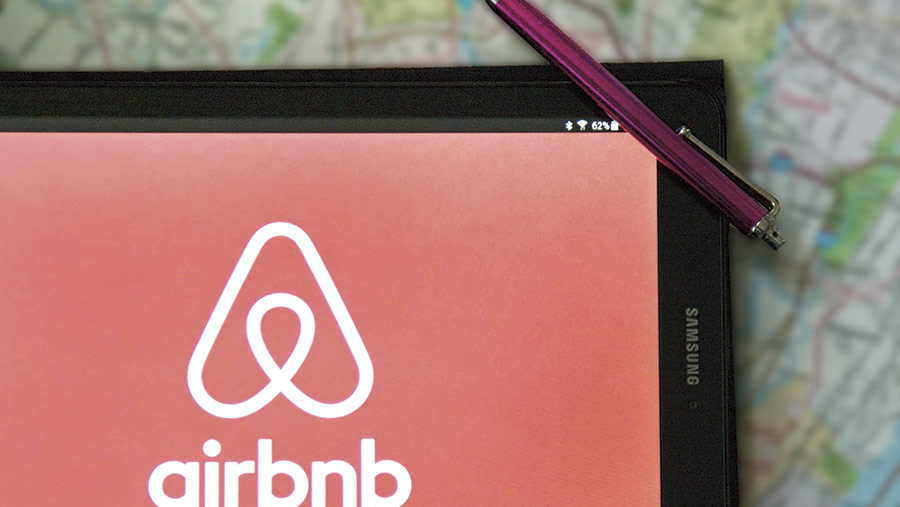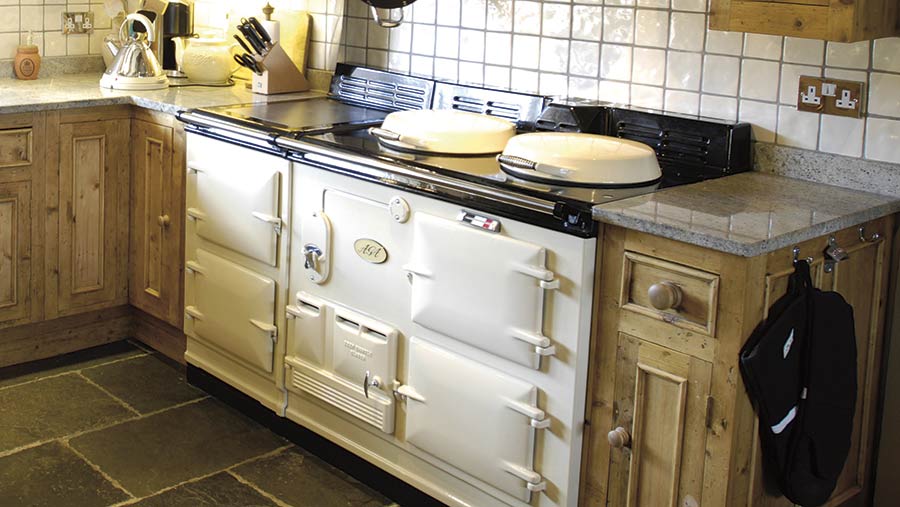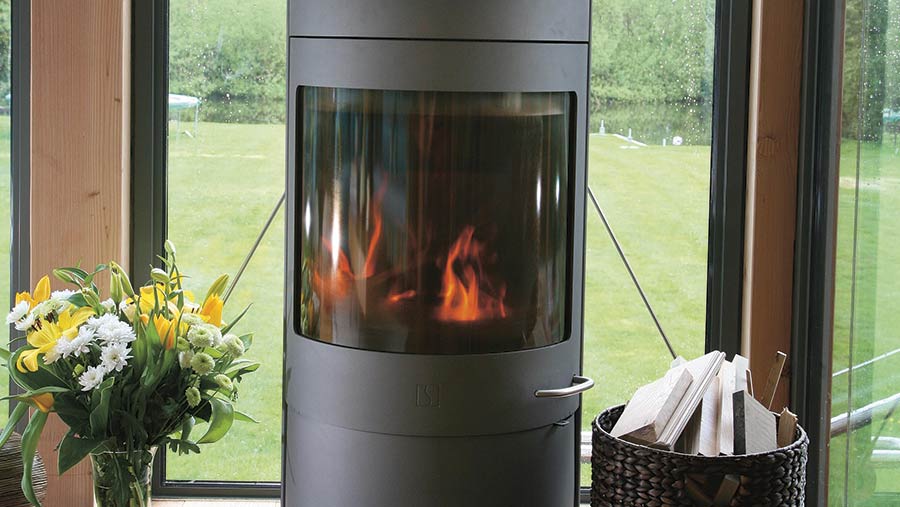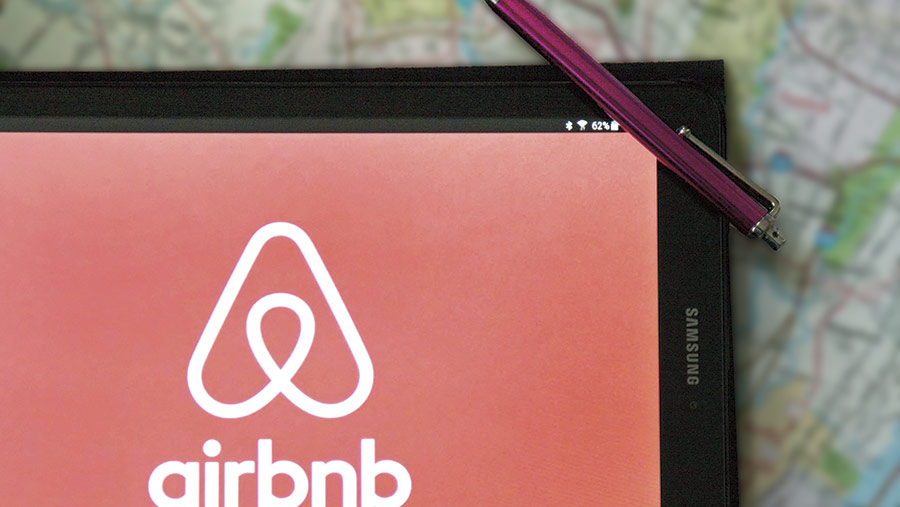What makes a successful holiday letting business
 © Jeff-Blackler_REX_Shutterstock
© Jeff-Blackler_REX_Shutterstock Holiday lets, or Furnished Holiday Lets (FHL), can be relatively cheap and easy to establish and can have tax benefits too.
The crucial factors for success are quality, marketing and an understanding of the planning and tax implications.
Simon Foster, director of Savills’ commercial heritage consultancy gives his advice on what makes a successful FHL.
What to offer
FHLs may be created in converted outbuildings, rural cottages or farmhouses, and the first consideration is what to offer. This will also depend on the local competition, so it’s important to do research to find out what you’re up against in terms of quality and price.
See also: Business Clinic – what are my options for vacant farm cottages
Demand is strongest for one- or two-bedroom cottages, or large houses accommodating 20 people or more.
Most popular are romantic boltholes for couples, accommodation for two couples and families – a tranquil location is important.

© Rex/Shutterstock
Planning permission
Once the scope has been decided, planning permission needs to be obtained. An existing cottage does not need permission, but if farm buildings are being converted, permission is required for change of use and associated building works.
Obtaining permission for converting existing buildings is usually straightforward.
If you are building from scratch, the first consideration is the site. Planners often prefer a discreet location for new buildings, yet potential guests will want an attractive outlook.
You need a location that is both unobtrusive and well placed, with access to power and water.
Whatever route you take, involve the planners early on and establish the parameters of the project before thinking about design.
This minimises costs by avoiding plans that have no chance of gaining permission.
Once these basics are in place, what should a FHL offer for maximum occupancy and turnover? Quality is crucial.

© John Lawrence; Rex/Shutterstock
Furnishing
Expectations about quality of the amenities and if you use a high-end agency such as English Country Cottages and Rural Retreats, they will expect high-standard furnishings and big-name appliances.
Wi-fi, smart TVs, a reliable mobile signal and top-quality beds and linen are vital. Agas and Rayburns add kudos and, for winter lets, open fires or woodburners are all but essential.
Provide flexibility by ensuring that at least one bedroom has a zip-lock bed that can be used as a double or two singles. Guests will expect a home from home, so don’t forget small things like corkscrews and tin openers. And, of course, cleanliness is absolutely critical.
Marketing
There are two options for marketing: using an agency or doing it yourself. Agencies are valuable at the outset, achieving high rates of occupancy almost instantly, managing payments and providing valuable advice.
The downside is that they take 15-20%, plus VAT, commission on each booking.

© Jeff Blacker/REX/Shutterstock
If you are self-marketing, promotion via Airbnb or Owners Direct brings huge savings: the former takes 3% commission, the latter charges £200-£300 a year.
Whichever way you market, an easy-to-navigate website, including lots of images, an online booking facility and a location map, is essential.
In tourist hotpsots, occupancy rates will always be high, if seasonal.
Elsewhere, they can be increased by providing luxuries such as hot tubs, by being dog-friendly and by attracting weekenders.
The season can be prolonged by lowering prices and offering shorter lets out of season. Many owners require a minimum seven-night booking in season and offer shorter lets off peak. You can also prolong interest by tying in with local events and cross-promoting them.
Holiday lets checklist
- What is your market and local competition?
- Research the tax implications – short and long term
- Planning permission is needed for conversions
- Customers increasingly expect high-quality fittings, furnishings and appliances
- Wi-fi is usually essential
- Agency or direct bookings?
- Website must be well designed and easy to use
Tax considerations
If a property qualifies as an FHL, it attracts tax reliefs, including:
- Business asset rollover relief
- Entrepreneurs relief
- Relief for gifts of a business asset
- Relief for loans from traders
In order to qualify as an FHL, a property must be:
- In the UK
- Furnished for normal occupation
- Commercially let with the intention of generating a profit
- Available for at least 210 days a year and occupied as such for at least 105 days
Lettings of more than 31 days do not count towards the 105-day total.
If the total of all lettings that exceed 31 days amounts to more than 155 days, the property does not qualify as an FHL.
Those planning a move into the holiday lettings market need to know that use as an FHL means the loss of Business Property Relief for inheritance tax purposes.
In the case of HMRC v Pawson, it was established that running an FHL counts as trading for business rates purposes, but not for IHT, so a wider view across the business and the assets as a whole must be taken so that the implications are clear.
